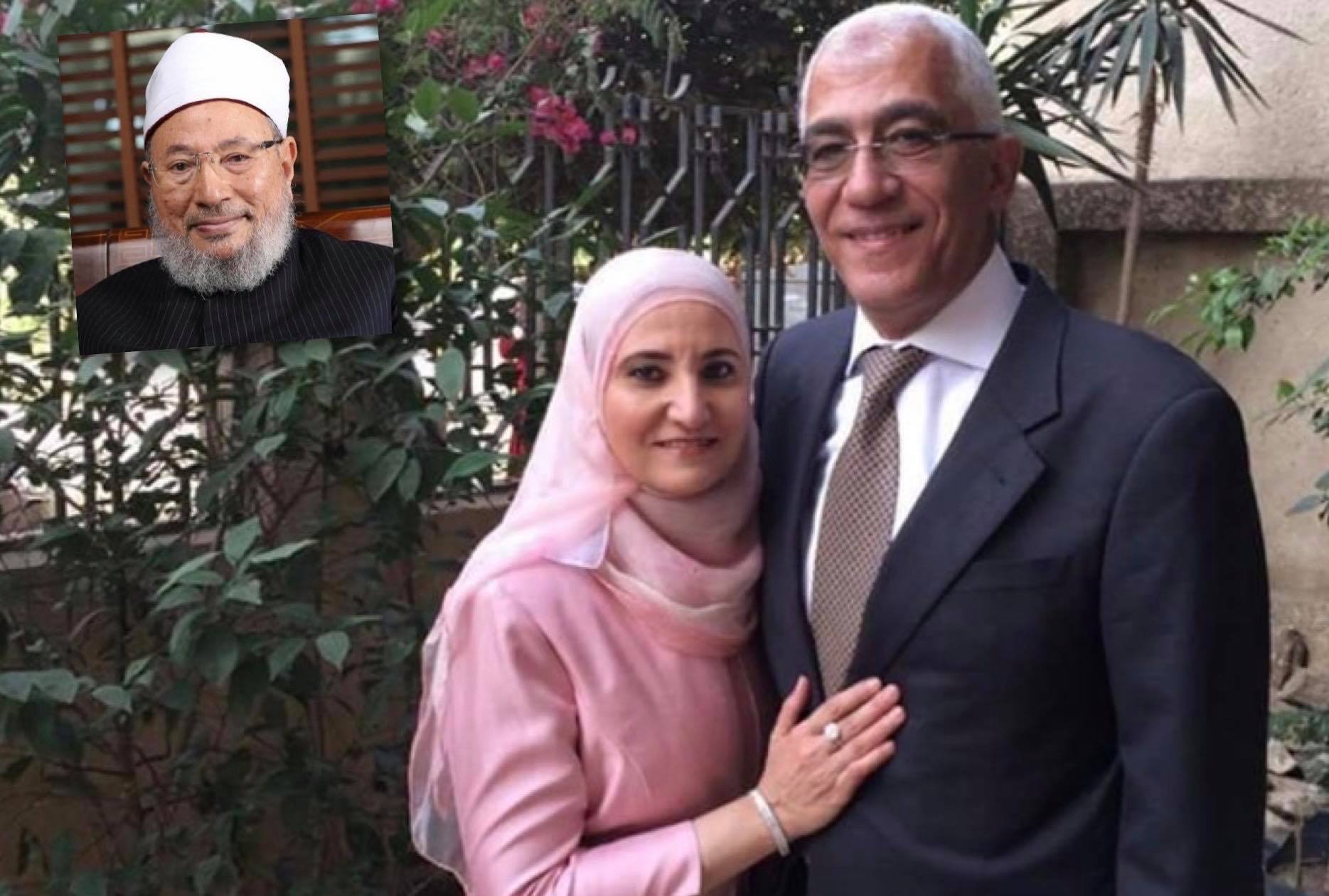In 2017, the Egyptian authorities arrested Ola al-Qaradawi and her husband Hossam Khalaf, the leader in Al-Wasat (Centre) Party, accusing them of building financial networks to fund the Muslim Brothers. Despite the fact that Ola was granted parole in case no. 317 of year 2017 in July 2019, she was not released. Rather, Ola was inserted in case no. 800 of year 2019 with the same charges. Ola is the daughter of Sheikh Yusuf al-Qaradawi, the prominent Egyptian Islamic scholar and the chairman of the International Union of Muslim Scholars. She holds Qatari nationality along with Egyptian and works in the Qatari Embassy in Cairo.
The arrest of Ola and her husband was seen as a part of the conflict between Egypt and Qatar, as it is well known that she is not politically active. This was proved by the fact that she stayed on remand for more than four years, violating the law that puts the maximum remand at two years, without either a court ruling, or evidence of charges directed to her and her husband. Ola and Khalaf are not the only political detainees in Egypt targeted for their work in Qatari institutions, as there is journalist Mahmoud Hussein, the reporter of Al Jazeera TV network, who has entered his fifth year in Egypt’s prisons without indictment.
The cases of Ola, Khalaf and Hussein in Egypt resembles the case of Sheikh Salman al-Ouda in Saudi Arabia, who was arrested for a tweet, in which he appealed to God to reconcile between Saudi Arabian and Qatari leaders for the best interests of their peoples, and he is confronting now a threat to be sentenced to death. Arab reconciliation was welcomed worldwide and seen as a chance to give such persons their freedom back after years of persecution, but this has not happened yet.





Recent Comments